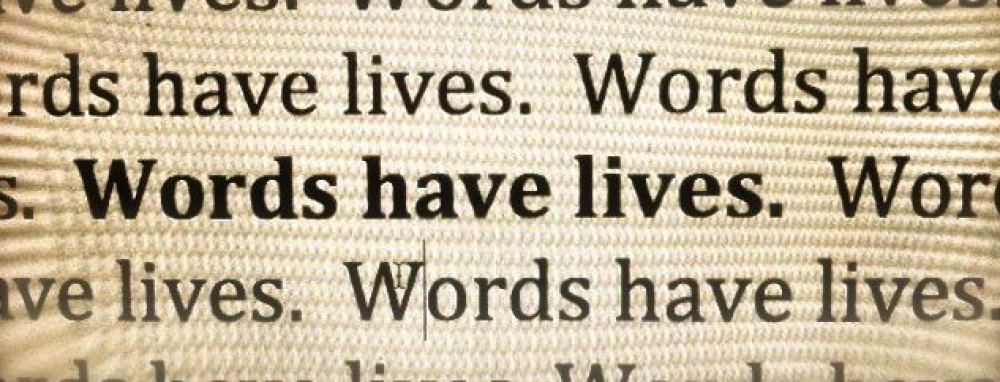In CATW tutoring sessions, many students have expressed concerns about reading strategies and writer’s block. There are many approaches to reading well and reading as a writer who must write a response essay. I’ve italicized this last sentence because you must keep your task in mind even as you read and analyze the essay you are given. “Reading as a writer: means you are constantly in conversation with the writer.
Here are six reading strategies that have worked well for previous students:
Reading Strategies for Writing a Response Essay:
1. Identify the writer and title? What questions arise when you read the title?
2. Preview the beginning and ending of the essay quickly the first time to identify the topic of the essay and to get a sense of the writer’s argument. You might ask:
- what situation or conflict is described in this essay (topic)?
- Is there a change or response to this conflict suggested by the writer (thesis)?
Note your answers to these questions (in “notation” form) in your margins. Remember the writer’s argument (not the topic) is his/her thesis.
3. Read the whole passage slowly. As you have already considered the thesis, use this reading to understand how the writer is actively supporting his/her argument from the introductory paragraph all of the way to the concluding paragraph. You might ask:
- What specific points are made?
- Which ideas best legitimize the writer’s argument?
Underline and annotate in the margins your findings.
4. Note argumentative strategies used in the essay. How and where does the writer use comparison and contrast, description, exemplification, division and classification, cause and effect, and/or narration? How are examples being used to support the author’s ideas? (Remember: you can use similar strategies and transitions are learned by reading and noticing how other writers use them.)
5. Decide and write and the top corner of the essay whether you find the writer’s argument a legitimate argument.
6. Freewrite/brainstorm on the bottom of the essay or in the margins. You might:
- Respond with a few words that describe the problem or situation the author presents in the essay in your own words.
- Respond with a few words that explore the cause of the problem or situation.
- Respond with few words that trigger comparison: can you relate to the issue discussed? Could a story of someone you know relate to the issue discussed?
- Respond with a few words or sentences that will help you remember how you might change the situation.




